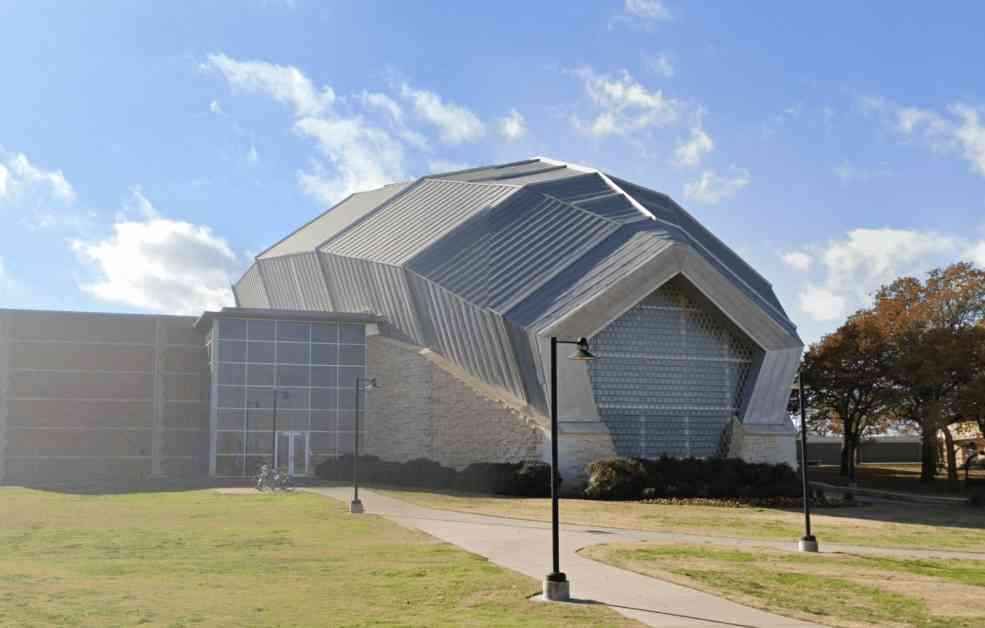Texas Lawmakers Push for Changes in Response to Pro-Palestine Student Art Exhibit
A recent controversy has sparked a heated debate at the University of North Texas, where Texas lawmakers have criticized a student art exhibition for alleged antisemitism. In a letter to University President Harrison Keller and UNT System Chancellor Michael Williams, Texas representative Mitch Little called for the cancellation of a planned lecture, removal of the student art exhibition, and a review of campus free speech policies. Little, along with four other state representatives, raised concerns that the exhibition and lecture violated Governor Greg Abbott’s Executive Order No. GA-44, which addresses antisemitic speech and actions.
Demand for Immediate Action
Little and his colleagues demanded the removal of the exhibition and the cancellation of the lecture within 48 hours. The art exhibition, titled “Perceptions: Observations & Reflections of the Western Muslim,” was created by students Dania Bayan and Fatima Kubra. It features references to various regions, including Sudan, the Democratic Republic of Congo, Palestine, Afghanistan, and the Uyghurs, with the word “#genocide” prominently displayed. The upcoming lecture, “Palestinian Children and the Politics of Genocide,” is scheduled for April 3 and will be delivered by Associate Professor Nancy Stockdale, whose research focuses on the Middle East.
Controversy Surrounding the Exhibition
Little criticized the use of the term “genocide” in both the exhibition and the lecture, claiming it was inflammatory and inaccurate. He also raised concerns about Stockdale’s alleged bias based on past comments regarding Israel. In his letter, Little emphasized the need for the university to create an environment where free speech can thrive while ensuring that information presented is factually accurate.
Response from the University Community
The Muslim Student Association at UNT expressed their disapproval of Little’s calls for censorship, posting “SHAME” on their official Instagram page in response to the NTdaily article covering the controversy. As of now, the university has not issued a public response to the demands made by the lawmakers.
As the debate continues to unfold, it raises important questions about the balance between free speech and ensuring that information presented on campus is accurate and respectful. The intersection of politics, art, and education has once again become a focal point of discussion, highlighting the complexities of addressing sensitive topics in an academic setting. The controversy surrounding the student art exhibition serves as a reminder of the ongoing challenges universities face in navigating issues related to diversity, inclusion, and freedom of expression.
In a rapidly changing world where opinions can quickly escalate into disputes, the need for open dialogue, understanding, and empathy becomes increasingly crucial. As institutions of higher learning strive to uphold their values of academic freedom and intellectual diversity, they must also navigate the delicate balance between promoting free speech and fostering a respectful and inclusive environment for all members of the community.












